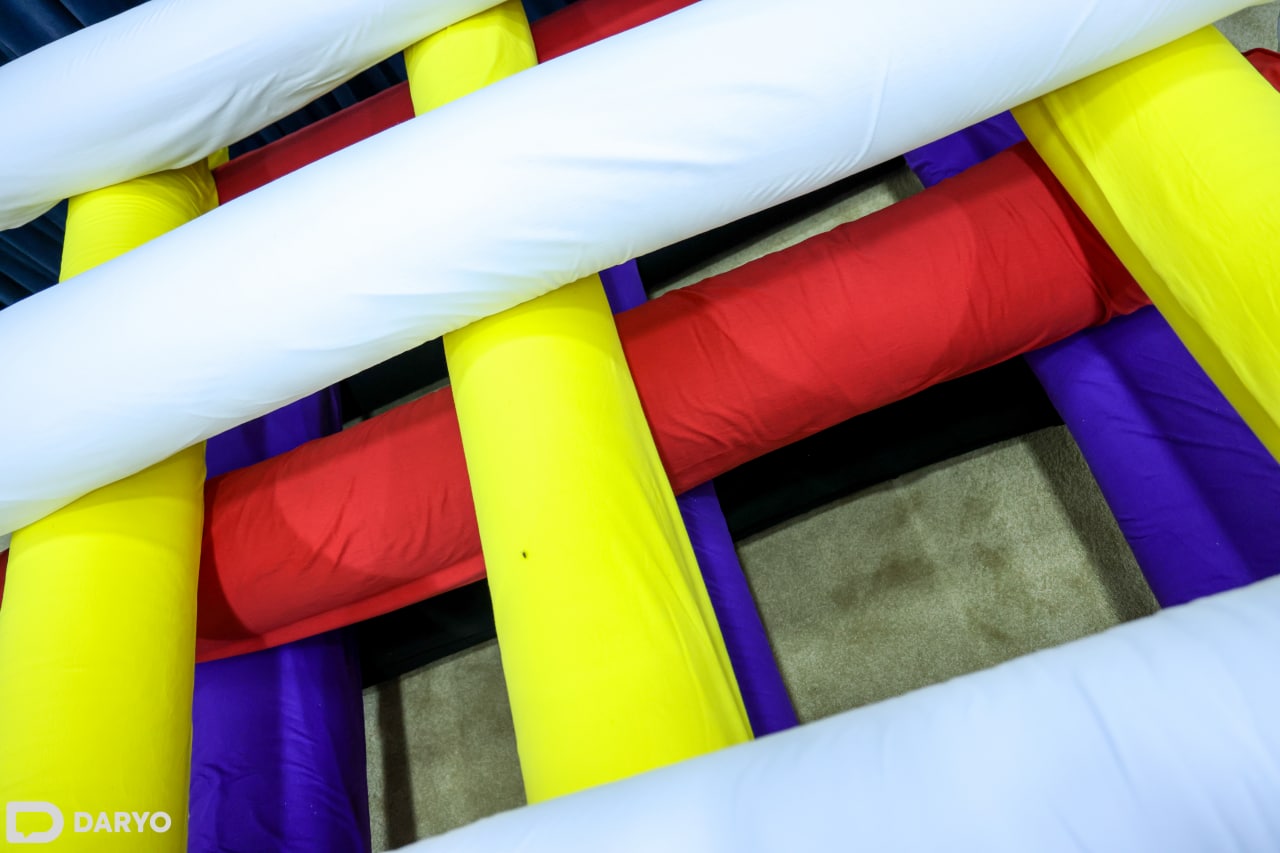Uzbekistan will exempt mixed fabrics from customs duties until January 1, 2028. This announcement emerged on August 13 during a video conference chaired by President Shavkat Mirziyoyev, focusing on expanding export opportunities and leveraging reserves within the textile industry.
During the conference, it was noted that the prices of yarn and fabric in Uzbekistan are, on average, 10–15% higher than those of its primary competitors. This discrepancy stems from the fact that cotton constitutes up to 90% of domestically produced goods, whereas other manufacturers utilize a composition of 30–40% cotton, supplemented by cheaper synthetic materials like polyester, viscose, and spandex.
The demand for artificial fibers and mixed fabrics is reportedly growing globally each year. Uzbekistan imports approximately 100,000 tons of mixed yarn and fabrics annually. Consequently, a decision was made to exempt these goods from customs duties until January 1, 2028.
Authorities have been tasked with initiating projects to produce at least 100,000 tons of mixed fabrics per year by the end of this year.
Furthermore, if several dyeing enterprises collaborate to construct treatment facilities, a portion of their costs will be reimbursed through the Trade Development Company.
Last year, 55 enterprises, each exporting over $5 million worth of goods, employed at least 200 individuals. However, these enterprises are predominantly located in regional centers and industrialized areas. With targeted support, they intend to establish branches in remote and less-industrialized regions. To facilitate this, a five-year loan of up to 10 billion soums, at the Central Bank’s base rate, will be allocated from the Trade Development Company. Compensation will also be provided for the salaries of foreign designers, technologists, engineers, and marketers.
Eligibility for support hinges on the creation of at least 200 jobs and the provision of fair wages. Officials have been instructed to leverage these incentives to launch 20 garment factories in districts this year, with an additional 30 planned for the following year.
The implementation of these measures is slated to commence in Karakalpakstan.

